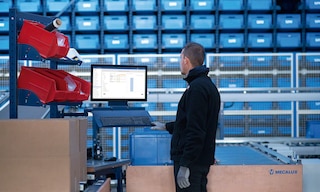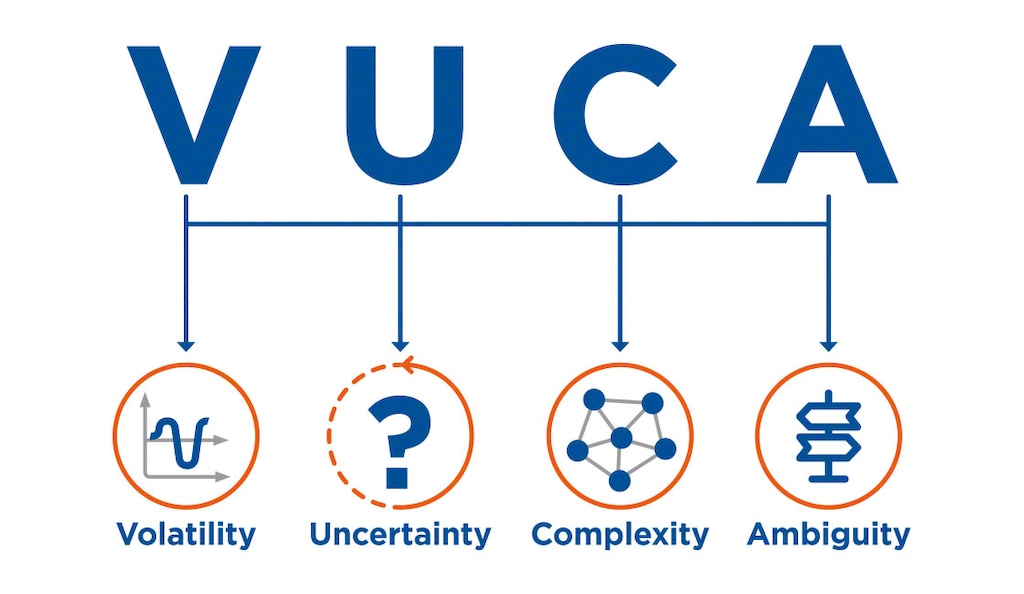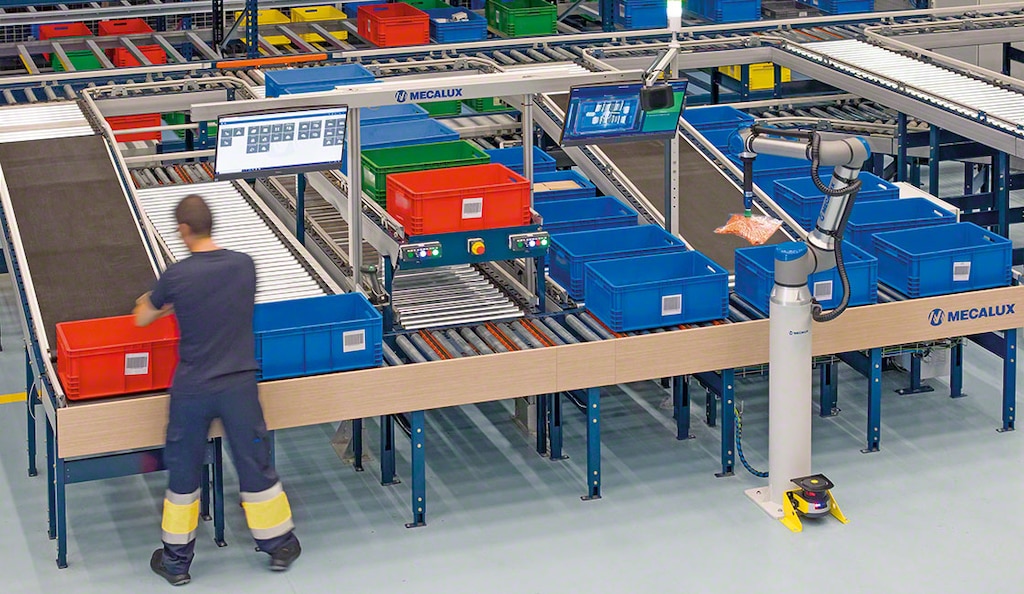
VUCA and its impact on businesses
In today’s VUCA environment, companies must adopt tools and strategies to ensure their logistics operations can meet demands.
What does VUCA refer to?
VUCA refers to environments characterised by volatility, uncertainty, complexity and ambiguity in specific contexts that organisations must navigate. In VUCA situations, businesses need to adapt quickly to changes to thrive. These environments are generally difficult to analyse and triggered by largely unpredictable events.
How does VUCA affect companies?
While VUCA environments may initially seem challenging, they also present growth opportunities. Anticipating potential risks can lead to major benefits. To achieve this, businesses must act quickly and identify areas for improvement and expansion worth investing time and money in. Economist Frank Knight, author of the book Risk, uncertainty and profit (1921), argued that a constantly changing world creates opportunities for organisations to generate profits but also comes with limited knowledge of future outcomes. Success depends on making swift, well-informed decision-making.
The four dimensions of VUCA
VUCA requires businesses to be highly responsive. This model is based on two pillars: knowledge about the current situation and the predictability of the outcomes of the actions taken.
Volatility
This VUCA attribute relates to the incredible speed with which changes can occur. In a world constantly in flux, companies must stay alert to potential factors that could reshape the market, including customers and competitors. One example would be price fluctuations following a natural disaster.

Uncertainty
This happens when the causes and events that will unfold are known, but the outcomes are not. To take control of these situations, it’s best to surround yourself with a team and collaborators — e.g., researchers or analysts — that can help you work through complex scenarios. Another option to gain a comprehensive, real-time view of processes is to implement a warehouse management system like Easy WMS.
Complexity
This arises when there are numerous variables and connections between them. It’s more likely to affect international companies facing different economic or political scenarios. To maintain perspective and keep focusing on what’s critical, it’s essential to implement methodologies that help manage complex problems. This approach may involve training or hiring specialists or securing the right resources.
Ambiguity
In the business world, indeterminacy appears when there’s no precedent for current events. This risk is particularly considerable when entering emerging markets or launching products outside an organisation’s established expertise.
Real examples of VUCA in business
Some companies have successfully adapted to the challenges of their environment and gained market presence following a period of adversity. A clear example is the Covid-19 pandemic, which upended markets by causing widespread isolation:
- Meeting and video call services. Organisations that already offered tools to keep employees and customers connected remotely saw significant growth during the health crisis. In just one month, Zoom went from an average of 200 million daily users to 300 million in April 2020.
- Delivery companies. With tourism and restaurants nearly shut down, some businesses reinvented themselves, shifting to home food deliveries.

How to resolve VUCA
Preparing for VUCA ensures that even if your organisation is temporarily affected by the pressure of uncertainty, decision-making will remain efficient. These are some key points to follow for exercising VUCA leadership and maintaining an entrepreneurial mindset:
- Adaptability. Embrace new situations while retaining analytical capabilities and striving to anticipate the future. This helps to offer differential value and stand out from competitors.
- Continuous learning. Stay informed, develop multiple strategies and be ready to execute them. This will allow your company to pivot to changes and strengthen its core capabilities. Conducting a SWOT analysis is a useful way to evaluate your current situation.
- Transparency. In challenging scenarios, providing your organisation with clear information is vital for effectively overcoming obstacles.
- Agility. Be flexible and always have a plan B. Your goal is to adapt without compromising objectives and to implement contingency plans when needed.
From VUCA to BANI
Beyond VUCA, the pandemic introduced a new acronym. Anthropologist Jamais Cascio coined BANI in his 2020 article Facing the Age of Chaos. He considered that VUCA was becoming insufficient for explaining the present world and thus proposed BANI:
- Brittle. In some cases, businesses can get too confident, but they’re more fragile than they may appear.
- Anxious. VUCA environments are becoming more and more uncertain, leading to anxiety, hesitation in decision-making and, consequently, errors.
- Nonlinear. Cause and effect are less evident and more disproportionate. Small decisions can translate into large-scale results and vice versa.
- Incomprehensible. Excess data can be counterproductive without the right tools to organise them and glean the most relevant information.
VUCA-proof your business
Are you considering digitalising or automating your logistics facility to anticipate volatility, uncertainty, complexity and ambiguity? At Mecalux, we can help with our omnichannel software solutions. Our Easy WMS warehouse management system provides comprehensive visibility and traceability control of all products and their status. Moreover, Easy DOM — our distributed order management system — enables companies to perform order orchestration, segment shipments by customer type and create specific prioritisation rules. Contact us and we’ll analyse your needs to offer you the solution that best meets them.
